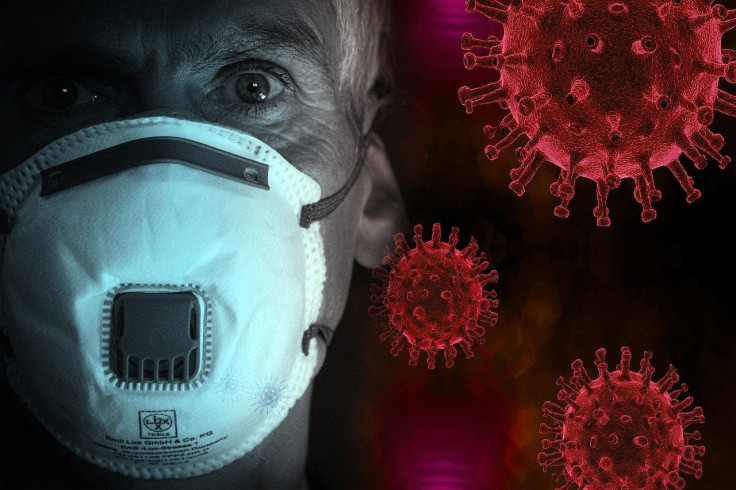Coronavirus Treatment: Gout Medicine May 'Enable Patients To Recover' Without Hospitalization

KEY POINTS
- Colchicine is now being investigated as a possible treatment for COVID-19 because of its anti-inflammatory properties
- A growing number of doctors fighting COVID-19 believe the worst effects of the disease isn't caused by the virus itself, but by a massive overreaction of the immune system called a "cytokine storm"
- They believe treatments for cytokine storm might ultimately prove key in battling the COVID-19 pandemic
Colchicine, a 40-year-old drug used to treat gout (a form of arthritis) and Behçet's disease (an inflammation that causes mouth sores), is now being investigated as a possible treatment for COVID-19 because of its anti-inflammatory properties.
One of the most commonly prescribed medicines in the United States, colchicine has been proven to decrease inflammation via multiple mechanisms. Uncontrolled inflammation of the lungs is one of the key causes of death among severely ill patients afflicted with COVID-19.
“Our experience with colchicine suggests that early use of this drug may help dampen inflammation that the body produces in response to the (COVID-19) virus and enable patients to recover without being hospitalized," said Dr. Binita Shah, an interventional cardiologist and assistant professor in the Department of Medicine, and the study’s principal investigator at NYU Langone.
Dr. Shah is part of a team of researchers from NYU Langone Health and Montreal Heart Institute Research Center that will soon launch a month-long clinical trial dubbed COLCORONA. This trial will explore if colchicine can help coronavirus patients.
Taken orally, colchicine doesn't cure gout but helps prevent the buildup of uric acid and inflammation in the joints. The trial will determine if the short-term use of colchicine will reduce the rate of hospitalizations, lung complications and death related to COVID-19.
Participants that plan to enroll in COLCORONA must have been diagnosed with COVID-19 within the last 48 hours but not hospitalized for it. They must be 40 years or older, have at least one high-risk criteria, be willing to take colchicine or a placebo for at least 30 days and be willing to participate in two follow-up calls by phone or video conference.
“If successful, this medication could be added to treatment protocols quickly across the country and internationally,” said Dr. Michael Pillinger, professor of medicine and co-principal investigator on the study at NYU Langone. “We are at a critical point in this pandemic where implanting our existing knowledge to find solutions is vital.”
Medical experts said colchicine is one of several anti-inflammatory drugs currently in clinical trials for treating COVID-19. A growing number of doctors fighting the disease now believe the worst effects of the coronavirus infection isn't caused by the virus itself, but by a massive overreaction of the immune system -- a phenomenon called a "cytokine storm."
In a cytokine storm, the immune system overreacts to an invading virus, and floods the body with proteins (cytokines) that trigger widespread inflammation. This exuberant response often causes fatal damage to organs.
"I think there's pretty substantial evidence that cytokine storm is involved," said Dr. Randy Cron, a rheumatologist at the University of Alabama at Birmingham, who wrote a book on the same -- the Cytokine Storm Syndrome.
He said the immune reaction is not unique to COVID-19. Cytokine storms can arise in response to other infections such as cancer or in people with autoimmune diseases. Dr. Cron and other researchers believe treatments for cytokine storm might ultimately prove key in battling the COVID-19 pandemic.
© Copyright IBTimes 2025. All rights reserved.





















